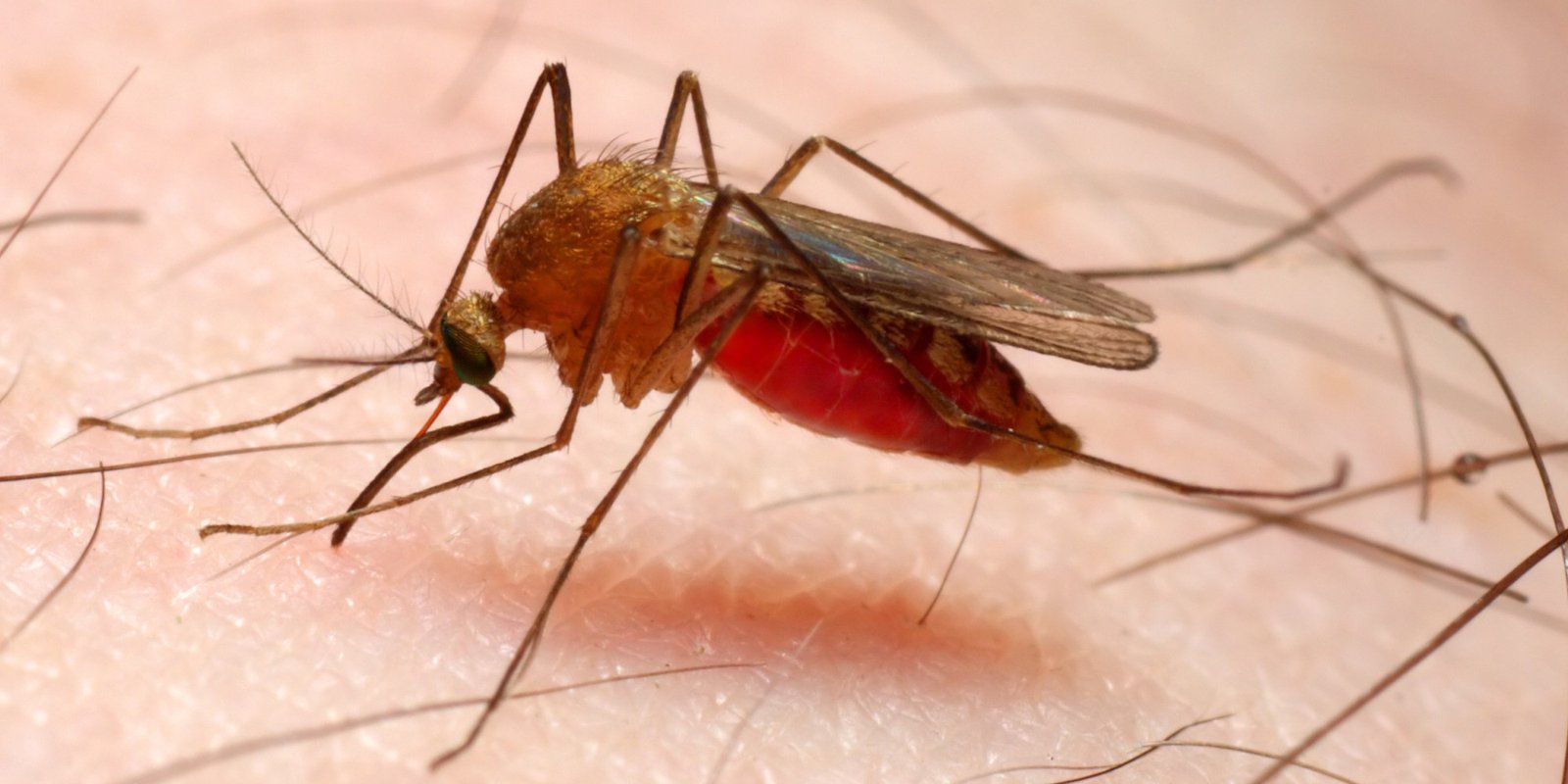A new collaboration for malaria vaccine development
May 31, 2017 | Wednesday | News
iMM Lisboa, a nonprofit research institute devoted to biomedical research, will collaborate with Radboudumc on the conduct of the clinical trial and will provide the vaccine candidate, Pb(PfCS@UIS4), for use.
The Radboud University Medical Center (Radboudumc) in the Netherlands, the Instituto de Medicina Molecular Lisboa (iMM Lisboa) in Portugal, and PATH in Seattle, Washington announced that they will collaborate to test a new approach to malaria vaccine development in humans for the first time.
In this clinical trial, based on data from earlier animal studies conducted by iMM Lisboa, the researchers will use a rodent version of the malaria-causing parasite (known as Plasmodium berghei) to determine if it can induce protection against infection by Plasmodium falciparum, the deadliest version of the parasite that infects humans.
The trial will be conducted in two phases at Radboudumc in the Netherlands. In the first phase, 18 healthy adult volunteers will be recruited into three groups and exposed to varying, but carefully controlled number of bites from mosquitoes infected with the genetically modified P. berghei parasite. The researchers will closely monitor volunteers for signs of infection to make sure they are treated if they become ill. If all goes well in the Phase 1 study, volunteers from the highest dose group will enter the second phase of the study which is designed to assess protective efficacy of the approach.
iMM Lisboa, a nonprofit research institute devoted to biomedical research, will collaborate with Radboudumc on the conduct of the clinical trial and will provide the vaccine candidate, Pb(PfCS@UIS4), for use.










